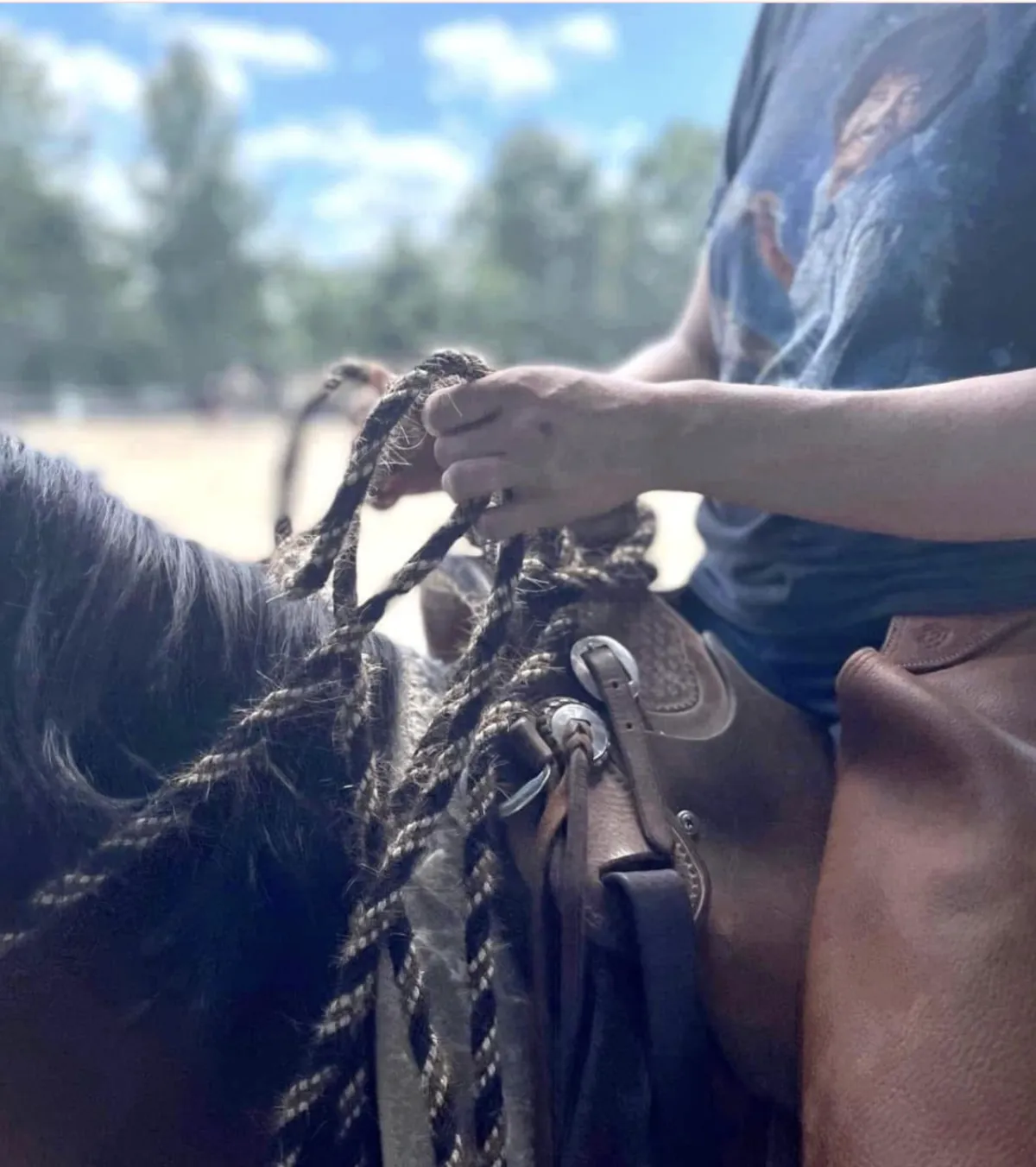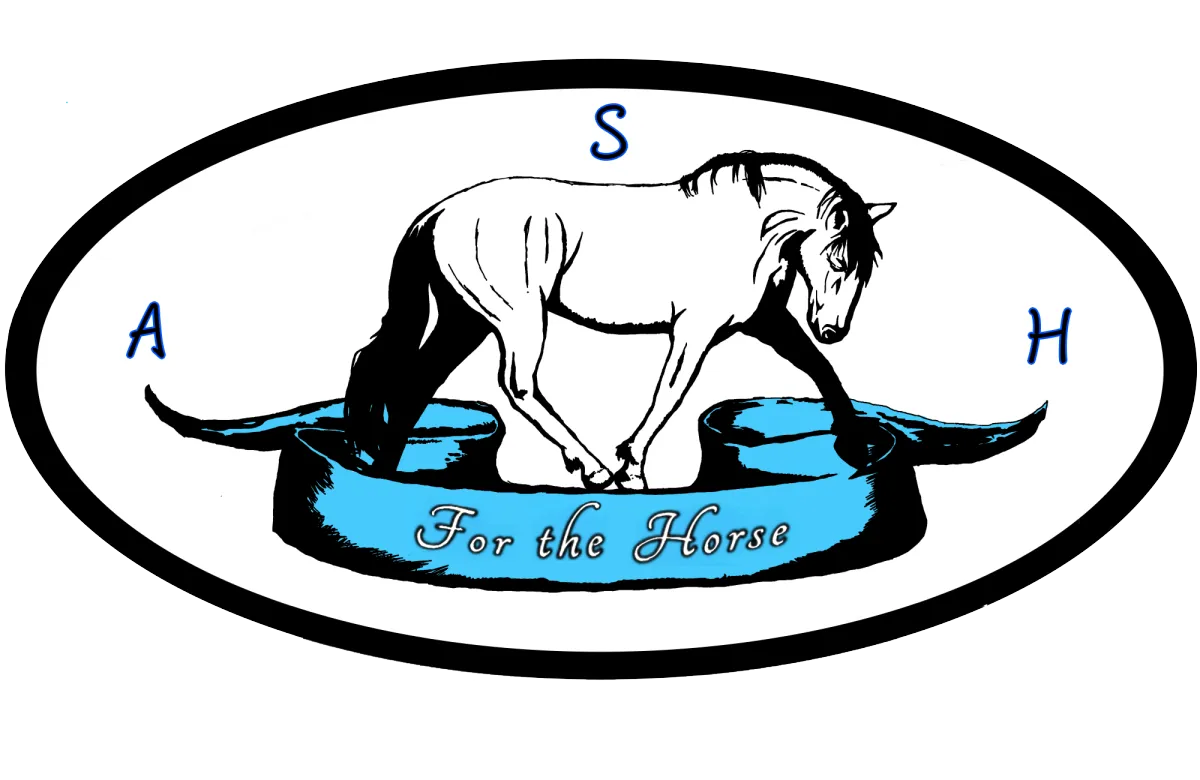BLOG

Happy Little Accidents
My friend asked me what my process for answering negative comments was. How do I decide when to ignore, delete, or respond?
Over the years as a professional, I have had some bumpy experiences, both in person, and online. Initially, these criticisms really hurt me. They could take up a whole day in my head, and affect my entire day.
I'm happy to say that after more than a decade of dealing with this reality, I have gotten much better - but I'd like to be better still. I'd like to learn how to remain calm and be more curious about the responses. To understand in the heat of the moment that people's responses and reactions are rarely personal - they are an explosive reaction triggered by something I might never know.
And knowing this helps me understand myself too - I'm not much for public outbursts, crying, yelling, and other impulsive displays of emotion. In understanding myself better, I've come to learn that internalizing and avoiding was my only skill as a younger person - which is not something to be proud of. I've learned so much about how I process my emotions and handle conflict, and am happy to say all these experiences have caused my reflection and given me much needed practice at managing conflict calmly without avoidance.
I think it's a very dangerous and slippery slope to get to where you "protect your peace" at all costs by blocking, deleting and getting rid of anything you don't like. Anything that questions you is not your enemy - anything that makes you upset is not the greatest danger in your life. I have learned so much from managing criticism, and though I have not handled it all gracefully (steep learning curve and all), I am getting better at it slowly.
So how do I decide when to respond to people's criticisms or outbursts? When I think repair or understanding is possible - when I think it will add something to the conversation - or when I just want to practice my own skills.
I can think of a lot of conflicts where I definitely said the wrong thing to an emotionally charged person, without realizing how it would be interpreted - and I hope Bob Ross would think of it as a happy little accident that helped me learn. Not all people think like me, like you, or them - and it is quite an art to understand that an emotionally charged person is interpreting everything through experiences and lenses I don't have access to.
The greatest lesson I have learned is they do not think like me - and that might be the healthiest most important lesson a person can really learn in a lifetime.
GIVE YOU AND YOUR HORSE A PATH FOR DEVELOPING QUALITY HORSEMANSHIP.

© 2024 Amy Skinner Horsemanship. All Rights Reserved.